Pop Song 24 'The Sound of Silence' Simon and Garfunkel 1964
'The Sound of Silence' Simon and Garfunkel Cyrus Saladin Ming April 1, 2020
Simon wrote "The Sound of Silence" when he was 21 years old,[9][10] with Simon explaining that the song was written in his bathroom, where he turned off the lights to better concentrate. "The main thing about playing the guitar, though, was that I was able to sit by myself and play and dream. And I was always happy doing that. I used to go off in the bathroom, because the bathroom had tiles, so it was a slight echo chamber. I'd turn on the faucet so that water would run (I like that sound, it's very soothing to me) and I'd play. In the dark. 'Hello darkness, my old friend / I've come to talk with you again.' According to Garfunkel, the song was first developed in November, but Simon took three months to perfect the lyrics, which he claims were entirely written on February 19, 1964.[13] Garfunkel, introducing the song at a live performance (with Simon) in Harlem, June 1966, summed up the song's meaning as "the inability of people to communicate with each other, not particularly intentionally but especially emotionally, so what you see around you are people unable to love each other." In a recent memoir by Sandy Greenberg, as reviewed in People magazine in December 2020, the song reflected the strong bond he had with his college buddy and best friend, Garfunkel, who adopted the special epithet 'Darkness' so as to empathise with Greenberg's sudden-onset blindness while in college. The first stanza presents the singer as taking some relative solace in the peacefulness he associates with "darkness" which is submerged "within" the ambiguous sound of silence. The second stanza has the effect of breaking into the silence with "the flash of a neon light" which leaves the singer "touched" by the enduring ambiguity of the sound of silence. In the third stanza, a "naked light" emerges as a vision of 10,000 people all caught within their own solitude and alienation without any one of them being able to "disturb" the recurring sound of silence.
In the fourth stanza, the singer proclaims in a declarative voice that "silence like a cancer grows", though his words "like silent raindrops fell" without ever being heard against the by now cancerous sound of silence. The fifth stanza appears to culminate with the urgency raised by the declarative voice in the fourth stanza through the apparent triumph of a false "neon god". The false neon god is only challenged when a "sign flashed out its warning" that only the words of the indigent written on "subway walls and tenement halls" could still "whisper" their truth against the recurring and ambiguous form of "the sound of silence"
-
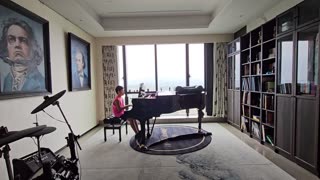 4:15
4:15
Cyrus Saladin Ming
2 months ago $0.05 earnedPop Song 581 of 1000 'Amie' Pure Prairie League 1972
59 -
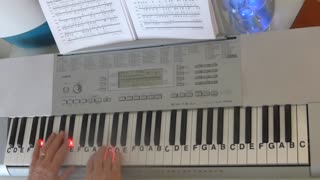 3:01
3:01
LetterNotePlayer
3 years ago $0.02 earnedLNP Cover Tutorial ~ Bridge Over Troubled Water ~ Simon & Garfunkel ~ LetterNotePlayer ©
3.2K -
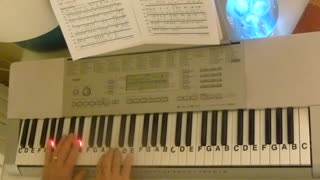 14:28
14:28
LetterNotePlayer
3 years ago $0.03 earnedHow To Play ~ Bridge Over Troubled Water ~ Simon & Garfunkel ~ LetterNotePlayer ©
5.68K -
 1:38
1:38
primaty78
3 years agoUK tap sound
85 -
 0:11
0:11
LowLitz
3 years agoGuess the sound
1802 -
 0:29
0:29
Prosoundracing
3 years agoPro Sound Racing
95 -
 0:03
0:03
LowLitz
3 years agoGuess the sound again
21 -
 0:07
0:07
MrsMamaW
3 years ago $0.01 earnedI love that sound 👂🏾
69 -
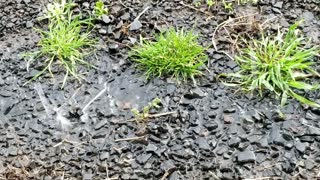 0:38
0:38
Uncommon Perspective
3 years ago $0.03 earnedSomething about that Sound.
187 -
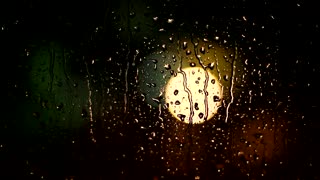 0:33
0:33
Amani1979
3 years agoSound of rain 2
67